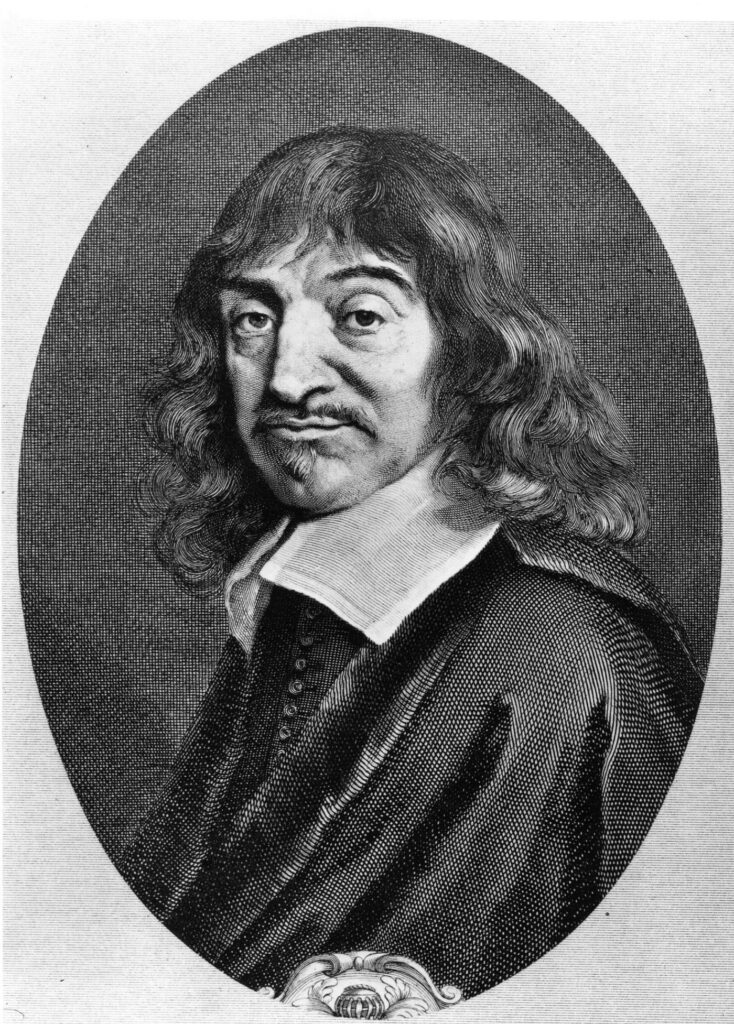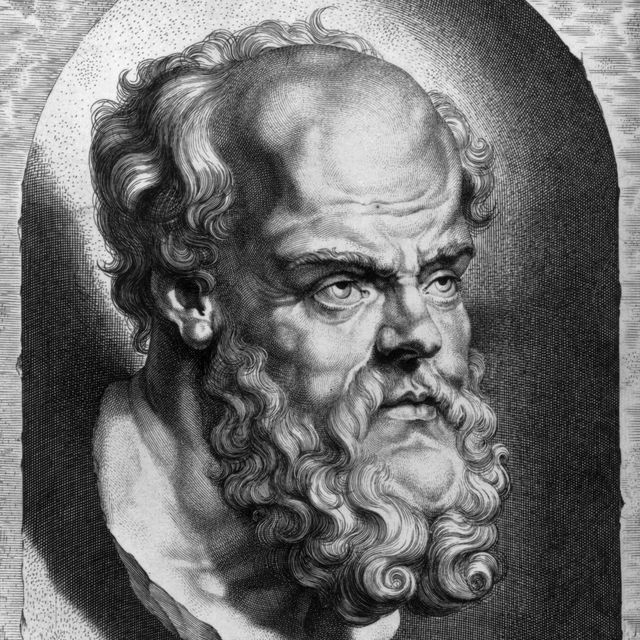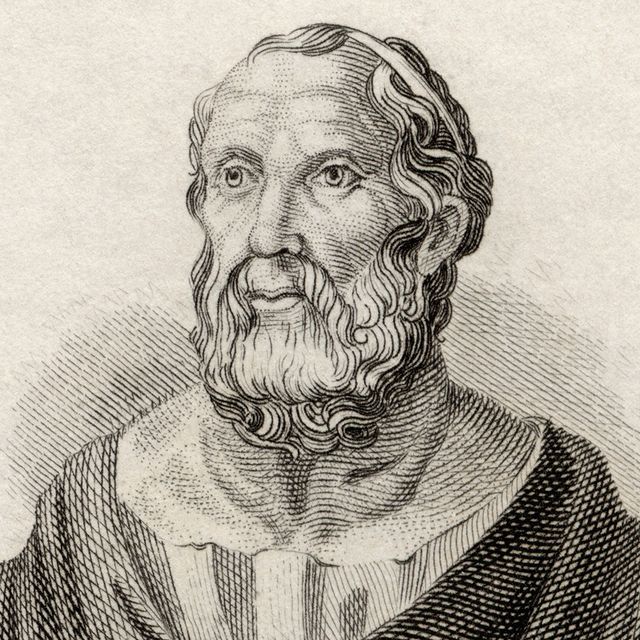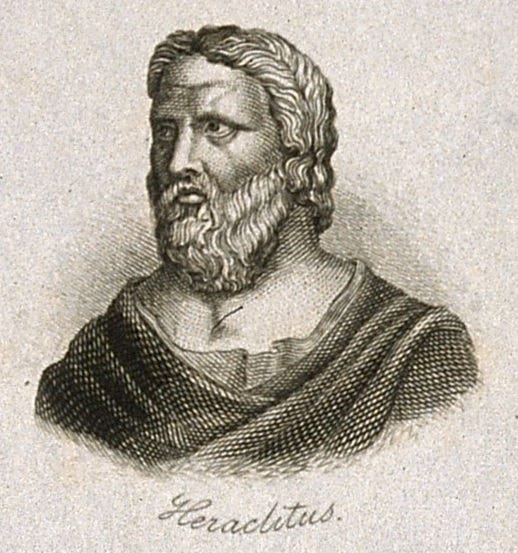Ontological Questions
1. What is the self? The nature and essence of individual identity have been central to philosophical inquiry for millennia. This question explores what constitutes the self, addressing aspects of consciousness, personal identity, and the relationship between mind and body. Philosophers such as Descartes, who famously stated “Cogito, ergo sum” (I think, therefore I am), and Hume, with his bundle theory of the self, offer different perspectives on what makes up our existence.
2. What is humanity (as social arrangements)? This question delves into the nature of human societies and the structures that govern social interactions. It addresses the formation of social contracts, the nature of communities, and the organization of social institutions. Thinkers like Rousseau and Marx have provided influential theories on how humans organize and interact within societies.
3. What is the world (as nature)? Exploring the fundamental nature of the physical world, this question examines the principles underlying nature and existence. It encompasses everything from the physical laws described by scientists to the metaphysical questions about reality posed by philosophers like Aristotle and Kant.


Ethical Questions
4. How should the self relate to the self? Focusing on self-awareness and personal development, this question considers how individuals should treat themselves ethically. It encompasses ideas of self-respect, self-care, and personal growth, influenced by philosophers like Socrates, who emphasized the importance of the examined life, and Nietzsche, who discussed the concept of self-overcoming.
5. How should the self relate to humanity? This question addresses the individual’s duties and ethical responsibilities towards others. It explores concepts of empathy, altruism, and justice, drawing on the teachings of Confucius, who emphasized benevolence and righteousness, and Mill, who advocated utilitarianism and the greatest happiness principle.
6. How should the self relate to the world? Examining the ethical and practical engagement of individuals with the natural environment, this question involves discussions on environmental ethics and personal responsibility towards nature. Thoreau’s transcendentalism and Heidegger’s concept of “Being-in-the-world” offer insights into this relationship.
Sociological Questions
7. How should humanity relate to the self? This question examines how society should treat individuals, focusing on justice, rights, and respect for personal autonomy. It includes ideas from Plato’s just society to de Beauvoir’s recognition of others’ freedom and rights.
8. How should humanity relate to humanity? Focusing on the ethical principles and structures governing human interactions on a societal level, this question explores the foundations of social justice, cooperation, and community welfare. Hobbes’ social contract and Wiredu’s principles of consensus in democracy provide differing views on these interactions.
9. How should humanity relate to the world? Investigating humanity’s collective responsibility toward the environment and natural resources, this question addresses the ethical implications of human actions on the planet. Aldo Leopold’s land ethic and Gandhi’s principle of ahimsa (non-violence) are key contributions to this discussion.


Epistemological Questions
10. How does the world relate to a self? Exploring how the external world influences individual perception and knowledge, this question delves into theories of perception, consciousness, and reality. Berkeley’s idealism and Merleau-Ponty’s phenomenology offer significant insights into how we experience and understand the world.
11. How does the world relate to humanity? Looking at the impact of the natural world on human societies and collective knowledge, this question considers how environmental and natural factors shape cultures, communities, and scientific understanding. Contributions from sociobiology by E.O. Wilson and communicative action by Habermas illustrate these complex interactions.
12. How does the world relate to the world? Considering the principles and interactions within the natural world itself, this question involves scientific and metaphysical perspectives on the nature of reality. Heraclitus’ idea of change and unity of opposites, along with Bohr’s interpretation of quantum mechanics, provide profound insights into the self-regulating mechanisms of the universe.
